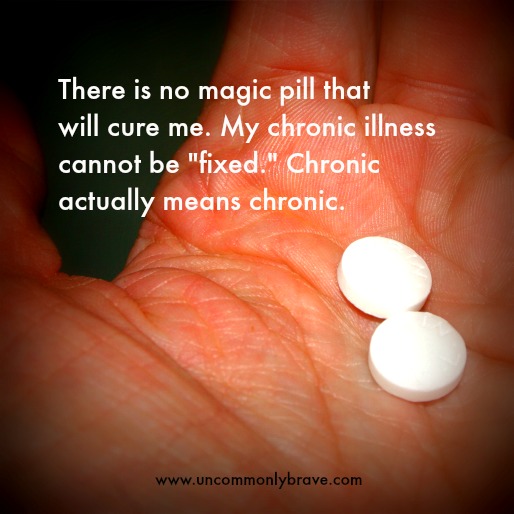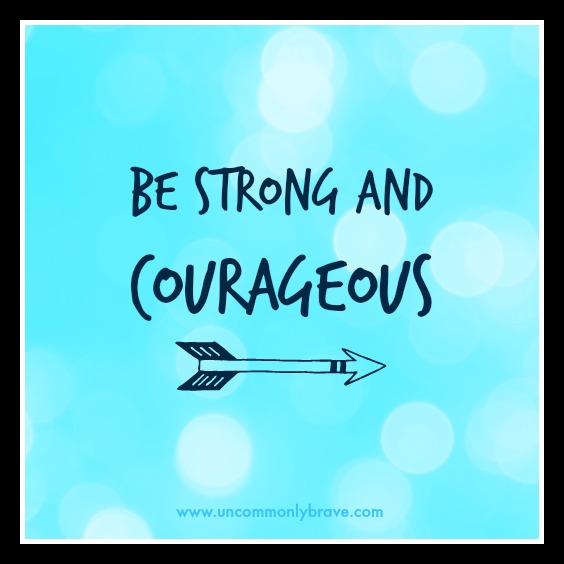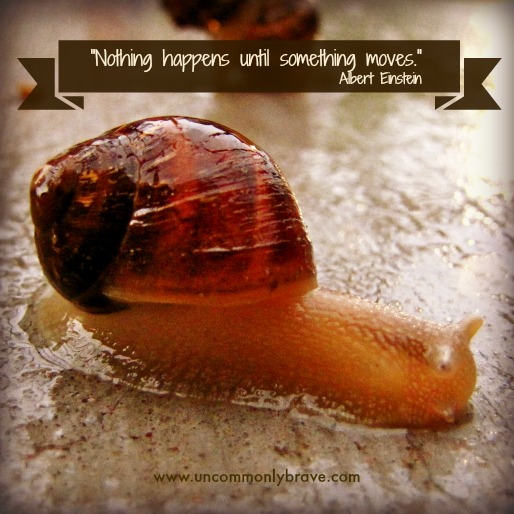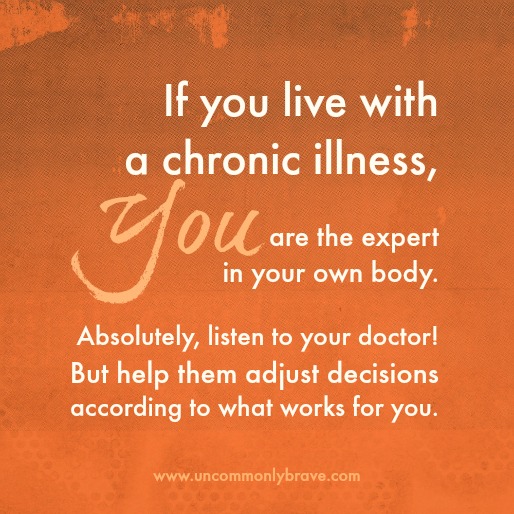
This is a post for the newly diagnosed. The ones who have just realized there is no magic pill that will cure their chronic illness. Those who have suddenly and sometimes frighteningly hit a health wall they never wanted to run into. Some of us have been sick for years, trying to find answers. And some have suddenly become ill or injured, when they had lived an-until-now healthy life. No matter what end of the spectrum you fall on, receiving a medical diagnosis is kind of a big deal.
A medical diagnosis means everything changes. You must reoriented your life around an illness. Every day you live life with the moment-by-moment knowledge that all is not well inside your body. How you get up in the morning, how you go to work (or don’t), how you eat, how you take care of your home…everything changes. And when you’re first diagnosed, it can be a scary time. Just the label chronic illness carries a weighty ring to it. But it also carries a meaning that it’s not going to get better. It will be with you for life.
So if you’re reading this and feeling that all-too-familiar tightness in your chest, strain in your stomach or tears welling up in your eyes, it’s possible that you’re moving through the stages of grief. We all know these stages, whether or not we know them by name. First comes denial (this cannot be right or this cannot be happening to me). Second comes anger (who is to blame?). Then it’s bargaining (If only I had not… or if I could just find the right doctor). Fourth is depression (I need support or I’m so incredibly sad). And last is the stage of acceptance (I can move on and I will still have a good life). Sound familiar?
And by the way, people living with chronic illness or their caretakers don’t move through these stages cleanly once and are done. Sometimes we have to revisit a stage or even go out of order in our personal grieving process. Sometimes we sit in one stage for a really long time. If this is your case and it’s not the stage of acceptance, you might want to look for a counselor who can help you move forward. Each time chronic illness takes a little more of our life, we must revisit the stages of grief.
Today, if you’ve just been diagnosed with a chronic illness, take a moment to breathe. And remember a few things:
- You’re (or your child is) the same person you (they) were before a phone call or appointment with news changed your life.
- You will figure this out. Give yourself time to acclimate to your news and to a new way of life.
- Chronic illness means medical things move slowly. Unless you’re having an emergency, learn to plan and learn to wait. Trying new treatments and seeing new specialists takes time.
- Chronic illness is not the end. Though it changes how you live your life, it does NOT mean you loose your life. You are allowed to have dreams and pursue them!
It’s true there is no magic pill for those living with chronic, rare or invisible illness. That’s reality. But when you get to a stage of acceptance and learn to stay in that emotional space, you’ll find chronic illness helps you appreciate the most important things in life…while putting the rest in perspective.










